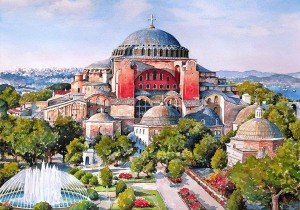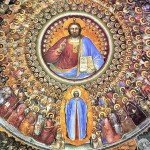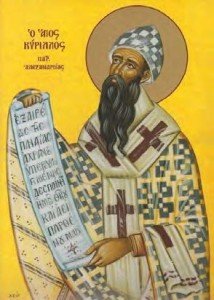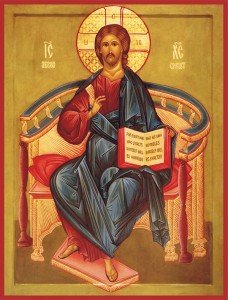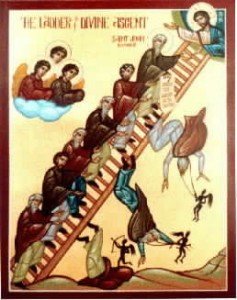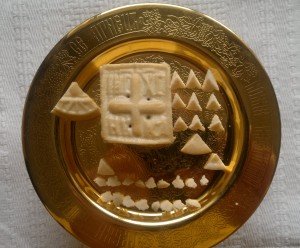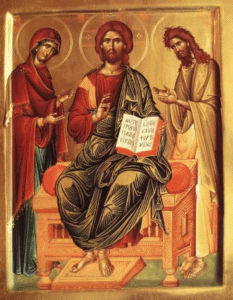 As we bring to an end the tenth week after Pentecost, we hear words from St. Paul’s first letter to the Corinthians and from Matthew’s Gospel the story of Christ curing a possessed boy. I find that the combination of these two readings makes it very difficult to find a common theme. Therefore I would like to share with you the different thoughts I had from each reading. You may discover that you see a common theme. If you do, please let me know.
As we bring to an end the tenth week after Pentecost, we hear words from St. Paul’s first letter to the Corinthians and from Matthew’s Gospel the story of Christ curing a possessed boy. I find that the combination of these two readings makes it very difficult to find a common theme. Therefore I would like to share with you the different thoughts I had from each reading. You may discover that you see a common theme. If you do, please let me know.
In the Epistle reading I believe that Paul shares with us the fact that if we attempt to follow the WAY of JESUS, we will probably end up not in the mainstream of our society. The Christian way of living was obviously contrary to the mainstream way of living in Paul’s time and, I can assure you, it is not the mainstream way of living in our time. I find that the Christian message actually puts us in the very middle of what I see as the extremes that seem to dominate our present society. There is the ultra right and the ultra left and those in the middle are disregarded. I cannot embrace the extreme Christian positions and surely don’t believe that the extreme liberal positions are the Way of Jesus.
Jesus’ message, I believe, was all about finding ways to love others. This requires, most of the time, that we don’t embrace extreme positions. It surely doesn’t mean forcing our values on others. Rather it means knowing our values and living in accord with them. I must be convinced that the Jesus message is God’s message.
I think the Gospel story challenges us to truly have TRUST in the God Who loves us. This challenges us, therefore, to trust that life will present the particular challenges we need to grow in our union with God. There are really no good or bad experiences in life but only challenges that, if we accept them with the belief that the challenges of life are only meant to help us grow, we will advance in our union with God.
If, however, we become possessed with the self-centered spirit which seems to pervade our society, we will not trust that God’s creation is given to us as a means of coming to know, love and trust Him. The only way that we can expel the selfish spirit of our society, that wants to possess us, is to work at developing a real relationship with Christ, Our God. We do this by our attempts to live the WAY of JESUS. I’m sure if you search your hearts, you will know what the WAY of Jesus is.

